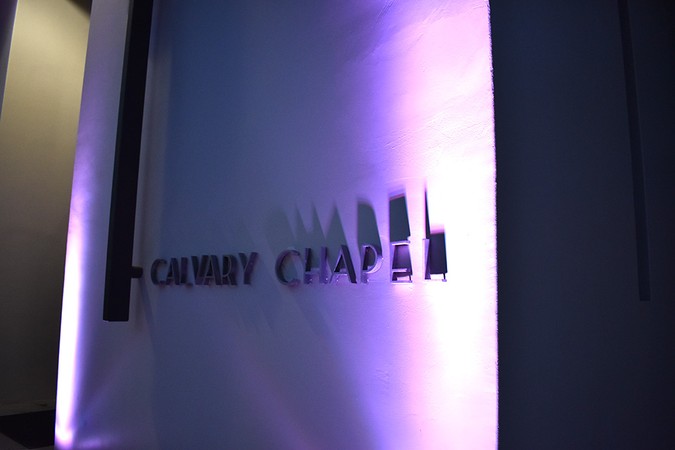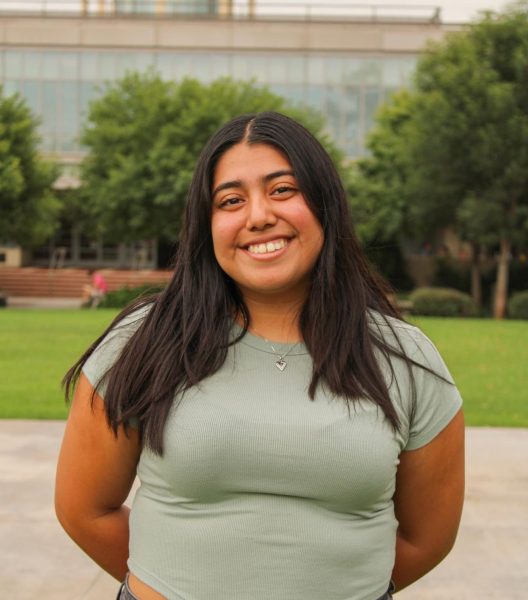A policy on the Biola Spiritual Development page states that the intentions of chapels are to worship and educate the Biola community on relevant issues in a spiritual way. Recent chapels have come to prove that Biola does educate students about issues, but the student body has begun to complain that it is tearing the community apart.
When Convocation went live on Aug. 31, many thought it would be difficult to spiritually connect through a computer screen. That concern disappeared when President Barry Corey said, “When we say Black Lives Matter we mean it as a true and clear affirmation.”
His comment was a show of support from Biola to its community of brothers and sisters who are being affected by recent injustices. Discussing social issues aids the Biola community in learning how to take action according to the word.
CHAPELS ARE EXAMINING SOCIAL AND POLITICAL IDEOLOGIES
Students have taken their concerns about chapel topics to social media and have even emailed the university. Social movements have become politicized and some feel that references do not add to the chapel message. Others say that it seems as if the school is choosing a side. A wide variety of students also voiced their support in including these topics in chapels.
“The most disturbing aspect of the sermons has been the infusion of political ideology into the reading of the word of God,” said freshman composition major Michael Fausset. “I understand that Biola is trying to encourage dialogue and application of our faith in political spheres, but our relationship with God must inform our politics, not the other way around. And using left-leaning buzzwords to appease the proverbial mob is not going to unite anyone.”
Some are worried that Biola is trying to instill a specific ideology. Biola is home to a diverse community, which includes diverse political beliefs. Certain beliefs hold different views for what BLM stands for. Including references related to such controversial topics seems, to some, damaging to the connection and unity that chapels are trying to bring.
MENTIONING SOCIAL ISSUES IS ENCOURAGING
Arguments sparked as to why chapels are mentioning BLM, and protests for that matter. In Instead #2, Ines Velasquez-McBryde made various references to protests. She even stated that “God is a God of protest.” Viewers immediately made a connection with BLM, whether that was intentional or not. That phrase made a handful of watchers feel as if they were being supported and educated, or as if they were being encouraged to become social justice fighters.
“I think the topics should be included somehow. As Christians we should view everything in a biblical and Christ centered way,” said sophomore biological sciences major Isaac Lu. “These chapels do call for social justice. I wonder what that looks like biblically and practically speaking.”
THE INTENTIONS OF ISSUE REFERENCES
Although many have connected references to issues and politics, Assistant Dean of Spiritual and Student Development Mike Ahn says that there was a different implication.
“When we’re talking about issues, it should be an issue of is this a kingdom value, not is this an issue of left or right,” Ahn said. “You can’t jump over one line of a 40-minute sermon or 40-minute chapel.”
Ahn recognizes that chapels are presenting some implications of issues occurring in our lives. However, the mention of it was meant to be a teaching of relevant issues and biblical connections. A specific goal of the chapels are to help viewers gain a greater understanding of certain topics and find a way to discuss it in a biblical sense.
CONCLUSION
At Convocation, President Corey said, “One of our roles as a university is to distinguish the right from the wrong, and at our best, we should be a hub for providing intellectual scripture critique on current ideologies.”
It coincides with the policy for chapels, educating and informing students on how to act on current issues in a way that’s biblically supported.
Biola chapels are a place for transformation and spiritual discipline. Discussions about social and political issues show the Biola community how to act as children of Christ. As stated on the Biola Spiritual Development page About Chapel, the goal of chapel is to assist the students in accepting the involvement of the Lord in their lives and “to equip students in mind and character to impact the world for Jesus Christ.” However that may be, the ultimate goal is to be spiritually educated and follow the word.












